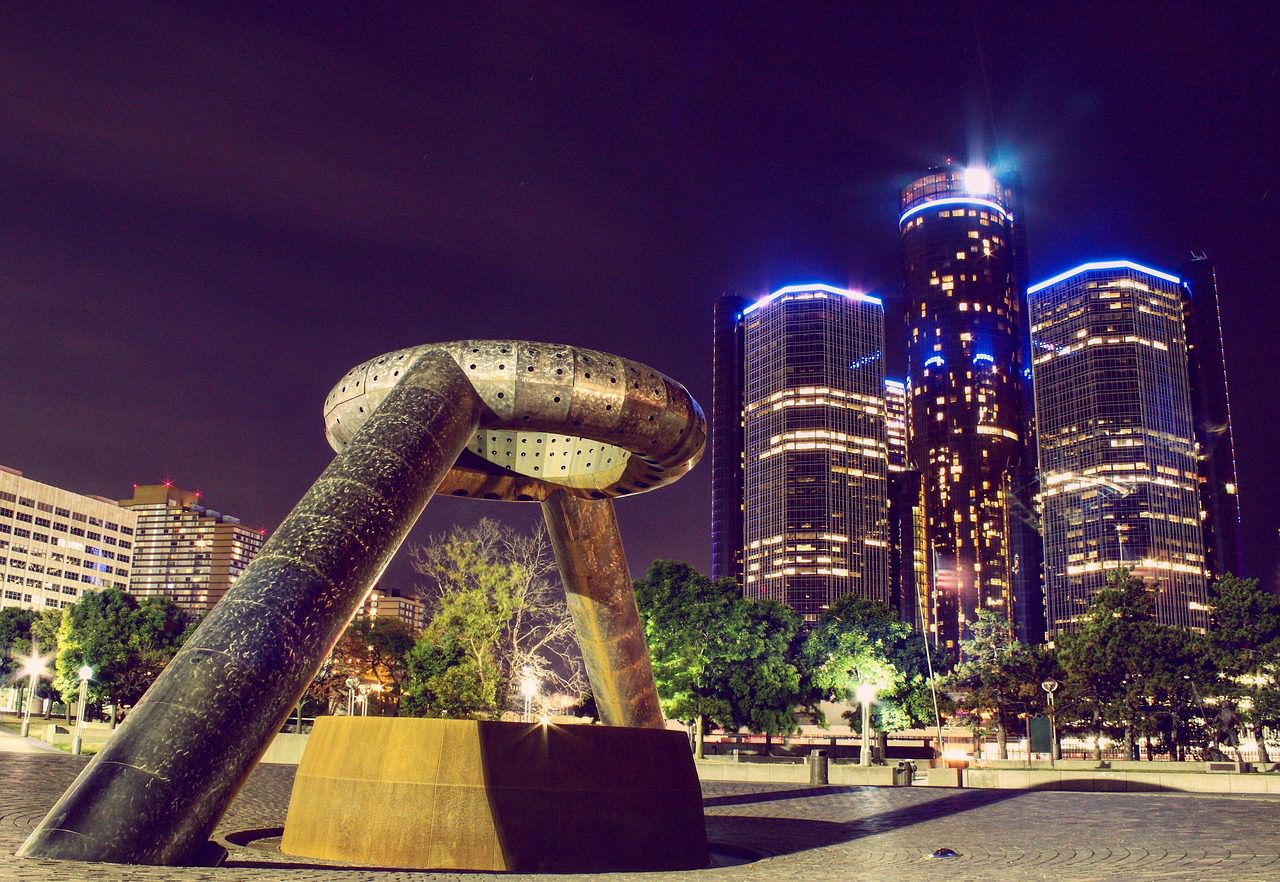Detroit Casinos Recover in March After Weak Results in January and February

In March, Detroit’s gambling scene experienced a notable resurgence, bouncing back from year-over-year losses in the preceding months of the current year. According to the Michigan Gaming Control Board (MGCB), the trio of commercial casinos in Detroit collectively raked in $123.86 million from players, marking the most prosperous March since 2019, when the total gross gaming revenue peaked at $140.3 million.
Leading the charge was MGM Grand Detroit, boasting a robust gross gaming revenue (GGR) of approximately $57 million. This figure encompasses earnings generated from a wide range of sources, including slot machines, table games, and sports betting.
March’s performance marked a notable 4.1% improvement from the same period in 2023, representing MGM’s most lucrative month of the year thus far.
MotorCity followed closely behind, amassing nearly $38.9 million in revenue. The casino’s remarkable 7.2% year-over-year surge in March is noteworthy, signaling a promising trajectory for the establishment.
Owned by Ilitch Holdings, the conglomerate spearheaded by billionaire Marian Ilitch, MotorCity Casino Hotel stands as a prominent fixture in Detroit’s entertainment landscape.
Bringing up the rear in this triumvirate of casinos was Hollywood Casino at Greektown, reporting a respectable $28 million in revenue for the month. Although this represented a slight 1.4% decline from the previous year, the establishment, operated by Penn National Gaming, remains a formidable player in Detroit’s gambling scene.
In sports betting, retail handles across the three casinos amassed a total of $17.25 million. Hollywood Casino’s ESPN Bet sportsbook emerged as the frontrunner, boasting sports betting revenue of $731,389.
Trailing behind was MotorCity’s FanDuel book, securing the second spot with $539K in revenue, followed by MGM Grand’s BetMGM book, which accrued approximately $327,800.
The Detroit casino scene sought a rebound in March following a slow start to the year. January saw a significant drop in gross gaming revenue (GGR), falling over 9% to $94.4 million, while February showed slight improvement but remained below the previous year at $104.6 million.
Comparisons with 2023 reveal a consistent downtrend, with last year experiencing a nearly 3% decline from 2022. However, March 2024 showed promise, benefiting from a favorable calendar arrangement with two additional weekends compared to March 2023.
This contributed to increased activity and revenue. State tax revenue from the casinos also rose, reaching $9.9 million, with the City of Detroit receiving $14.5 million.
Despite March’s improvements, first-quarter GGR remained 1.6% below the figures recorded for the same period in 2023, indicating that progress still needs to be made to match the previous year’s performance.
Since 2021, Michigan has embraced legal iGaming, revolutionizing the gaming landscape with online slots and interactive table games. Detroit’s casinos no longer monopolize gaming, as tribes, backed by Class III gaming compacts, partnered with gaming giants.
Despite Detroit’s casino revenue decline, iGaming thrived in 2023, setting a record with $1.9 billion from online slots and tables and $420.4 million from online sports betting.
The trend continues in 2024, with iGaming platforms seeing a 23% surge in January and February, nearing the 2023 record. Notably, Detroit’s casino-affiliated iGaming platforms contributed significantly to this growth, emphasizing their influence in digital gaming.
- Other news categories:
- SlotsUp's news





